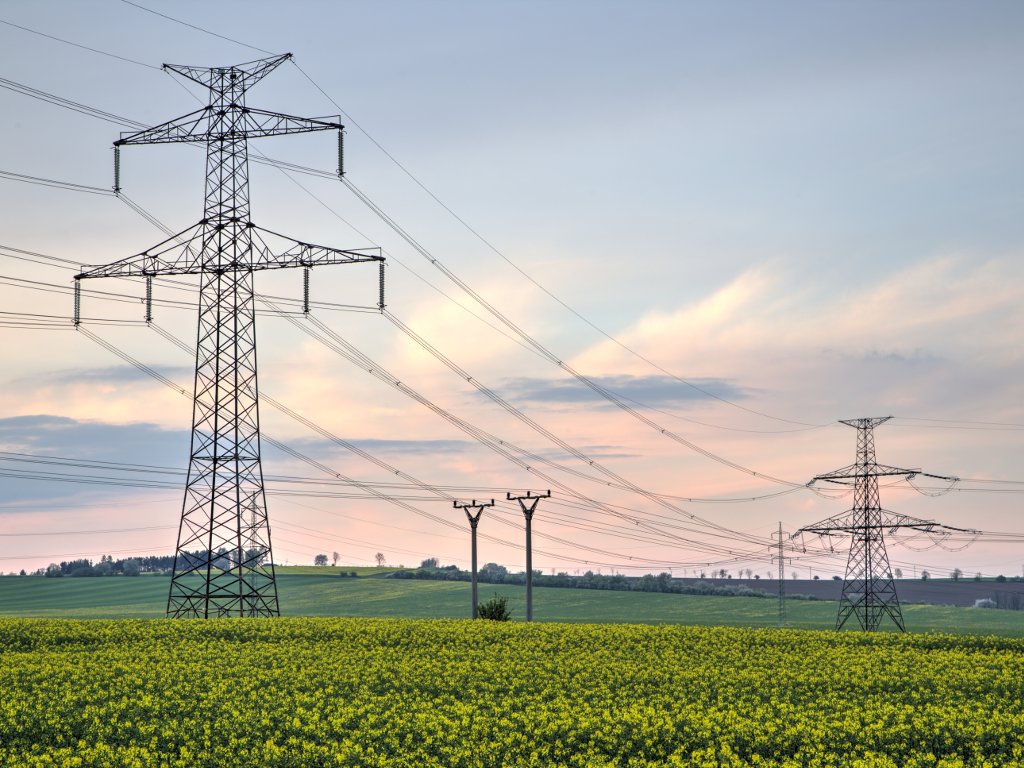Dynamic tariffs not removing green, blue and red zones
Illustration (Photo: Nadezda Murmakova/shutterstock.com)

At the same time, these dynamic tariffs are not news in Europe and they in fact mean that the supplier sets the price for shorter time intervals, for each hour, to two to three hours, for night-hours consumption, and not an annual or monthly level, which requires a more flexible organization of consumption. From January 1, 2025, Germany will introduce dynamic tariffs for electrical energy, which should enable citizens to reduce their bills by using electricity when it’s at its cheapest. To boot, around 80% of Germans don’t know what dynamic tariffs are. Slovenia is also heading down the same road, so the regulation which enables dynamic tariffs came into effect in October, reports Balkan Green Energy.
Analyses show that, in the first six months of 2024, the customers with dynamic tariffs in Europe paid for electricity up to 34% less than the average price on the European exchange, but before that, they had to educate themselves about what they were getting that way.
When asked what changes in the life of a common consumer in Serbia with these new features, Zeljko Markovic, MSc, an energy expert and one of the former directors at EPS, says that, above all, we should wait for all old meters to be replaced with new, smart ones. He adds that this solution is realistic for the companies and commercial customers for which nearly all the old meters have been replaced, which is not the case with households.
– It is necessary to have a meter with several tariffs. We now have meters with one or two tariffs. The new dynamic tariff entails several tariffs, and since the meters communicate, it can be agreed with the supplier for somebody to have cheaper electricity every day at a different time. From 1 to 3 today, from 2 to 4 tomorrow… For the industry, it can be a special tariff. For example, the supplier can say to the customer: “We will occasionally switch you off when there are electricity shortages, but in a way that doesn’t affect your production, but in turn, electricity will be cheaper for you.” So, there are different options, like with mobile phone packages. It all depends on what the supplier offers – Markovic points out and adds that people are needlessly afraid of somebody removing tariffs for them. In fact, the green, red and blue ones are the only tariffs. But that’s in the methodology of guaranteed supply.
When asked if it’s possible to get that kind of offer from EPS as a guaranteed supplier, he answers that EPS is also a supplier. They can make such offers for households as well, but the price for households is currently such that everybody has chosen guaranteed supply. Commercial customers can negotiate the price of a kilowatt-hour with EPS. Except, that electricity is always more expensive than the one within guaranteed supply. The Bulgarians have now removed the guaranteed price, so there is no more price regulation. So, now they agree packages with the supplier. In the countries where there is one dominant supplier, that’s hard to remove.
– In Croatia, there were more suppliers, HEP, as well as the company GEN-I, which has half a nuclear power plant, so, a half of its own production. Here, suppliers don’t have considerable production capacities, so they can’t offer packages. They would have to import electricity. It’s different in Bulgaria and Romania. They are all forced to first sell electricity in the market, and then the suppliers buy it – points out Markovic.
– In this case with dynamic tariffs, the corporate sector can, for example, make a deal with EPS for the factory which only works one shift to have cheaper electricity during the day and more expensive during the night, or, if it works in two shifts, to distribute the cheaper electricity across the two shifts. So, it all comes down to an agreement between the supplier and the customer, but under the condition that they have new meters – concludes Markovic.
Comments
Your comment
Naš izbor
Most Important News
Full information is available only to commercial users-subscribers and it is necessary to log in.
Follow the news, tenders, grants, legal regulations and reports on our portal.
Registracija na eKapiji vam omogućava pristup potpunim informacijama i dnevnom biltenu
Naš dnevni ekonomski bilten će stizati na vašu mejl adresu krajem svakog radnog dana. Bilteni su personalizovani prema interesovanjima svakog korisnika zasebno,
uz konsultacije sa našim ekspertima.


 Izdanje Srbija
Izdanje Srbija Serbische Ausgabe
Serbische Ausgabe Izdanje BiH
Izdanje BiH Izdanje Crna Gora
Izdanje Crna Gora


 News
News









